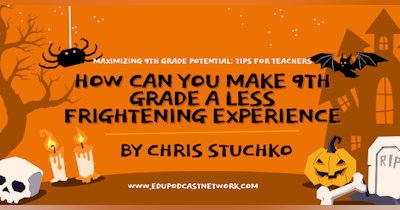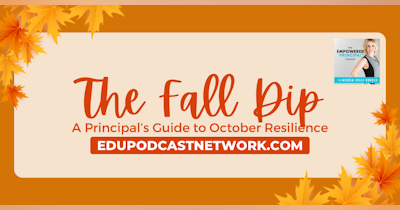Guest Author: Jessica Peresta, host The Elementary Music Teacher Podcast
Music educators are talked to about the importance of advocating for their music programs. But, in my opinion, advocating doesn’t just need to come from the music teacher alone. Being in a music class helps students to succeed and learning music has more benefits than just learning musical concepts. In this blog post, I’ll go into reasons why music education matters, but will also share ways you can advocate for your school’s music program.
Why Music Class Matters
Music classes matter because, without them, kids are not truly receiving a well-rounded education that includes the arts. Kids find success and feel a sense of accomplishment they didn’t even know they had within them when they participate in a music ensemble.
Maybe you’re in a community and they don’t understand the value of music education. What can you do? Explain to them why music shouldn’t be the first thing to go when budget cuts are made. If you need to, create pie charts, presentations, and statistics, or have your choir perform to get your point across. A little advocacy truly goes a long way.
Music Class Doesn’t Just Teach Music
Of course, music is in music class. But, it’s also in every single other subject area in a child’s education. Throughout a student’s day, songs are used to introduce concepts, to help with memorization, and get kids up and moving. There’s also a lot of cross-curricular learning happening throughout the day too.
For example, music is in science, where students are learning about the frequency of sound and the modulation of notes. It’s in history when students are learning music from all around the world and from different cultures. Music is a part of math where students can learn about changing time signatures and equate them to fractions. Then, in reading, there are so many stories that can be made musical by having students move to the words, keep the steady beat, or rhyme the words of the poem they’re reading while speaking it in a rap form.
Music Helps us Emotionally
Another reason music education is so important is that it helps kids (and adults) regulate their emotions. Social-emotional learning is a big deal in education, and what better way to help students to express their emotions than with music. If a student is sad, they can listen to music or move to a song, and it will instantly improve their mood. The lyrics of a song can be discussed amongst peers and students can write their own verses to express what they’re feeling.
When a child experiences learning music in a group setting, whether in a general music classroom, a performing ensemble, or a choir, they feel a sense of accomplishment. They learn to work together as a group and strive for goals together. Where a child might struggle in other academic areas, in music class, kids can feel successful. You never know which child walking through the doors of a music classroom will be the next great composer, music producer, pianist, conductor, or performer. Allowing students to explore creatively lets them discover their musical selves. The music room helps students find a place where they can be themselves.
Cooperative Learning Happens
When a child comes into the music classroom, they’re experiencing cooperative learning, language, and social skills, using parts of the brain that will help facilitate learning in other subjects and moving their bodies creatively. Music class teaches students how to work together, independently, and with partners. During a 45-minute music class, so much more learning is done than just learning music. Kids are learning life skills that they can use throughout their school day and that will carry them into life.
When a child is in elementary music, they will be singing together, playing instruments, doing movement activities, and composing music. A lot of these activities are done through small group or whole class instruction where discussions are being held and decisions are being made together. If a child is in band, orchestra, or choir, they’ll be rehearsing as a whole group, but also between the members of their section.
Learning Music Lasts for a Lifetime
Although every music teacher would love their students to pursue music as a career, this isn’t a realistic goal. But, what is a goal is to make lifelong learners and advocates for music education. When students grow into adults, the aim is for music to be appreciated, listened to, experienced, and enjoyed. What’s learned in a music classroom doesn’t just stop there. The love and passion for music should continue into adulthood so that joy is passed on to future generations by both teachers and parents alike.
Music can truly change lives. Without being exposed to music at school, kids may never get another chance to experience music education. Students who didn’t know they had a natural talent in playing the recorder, could go on to play the clarinet, get a college scholarship, and continue on to play in symphonies as a principal clarinetist.
If you’ve wondered why music education matters or if it’s really that important, my hope is that by reading this blog post, you’ll have a better understanding of just how special it is. Think about ways you can advocate for your school’s music program and if nothing else, thank your music teacher.


